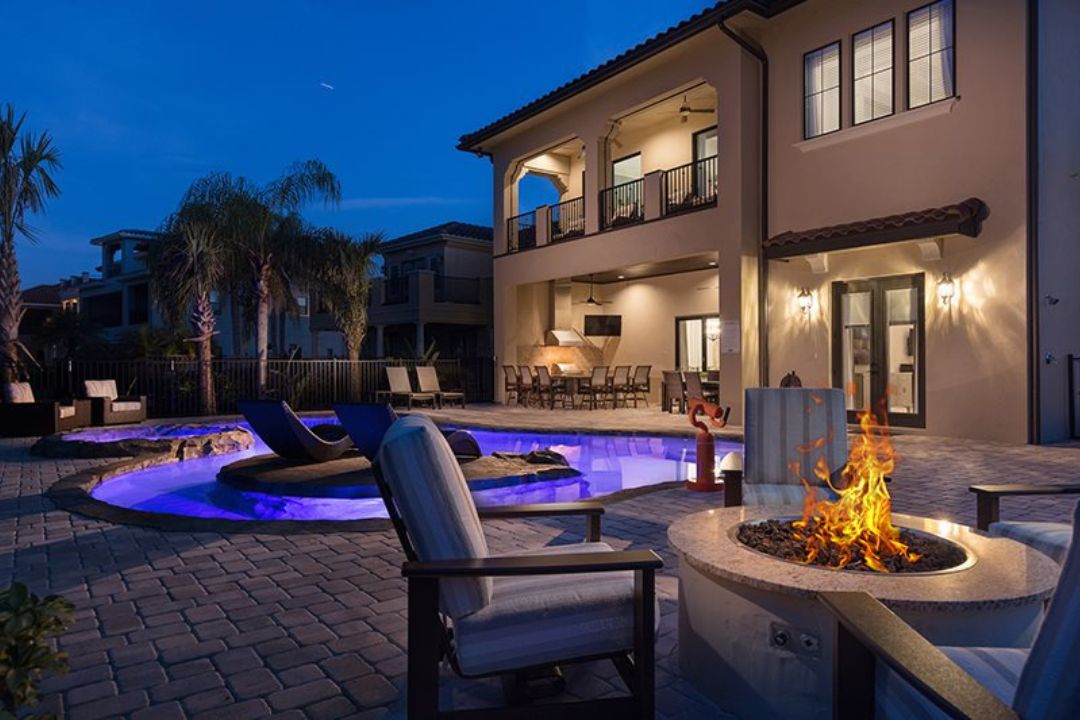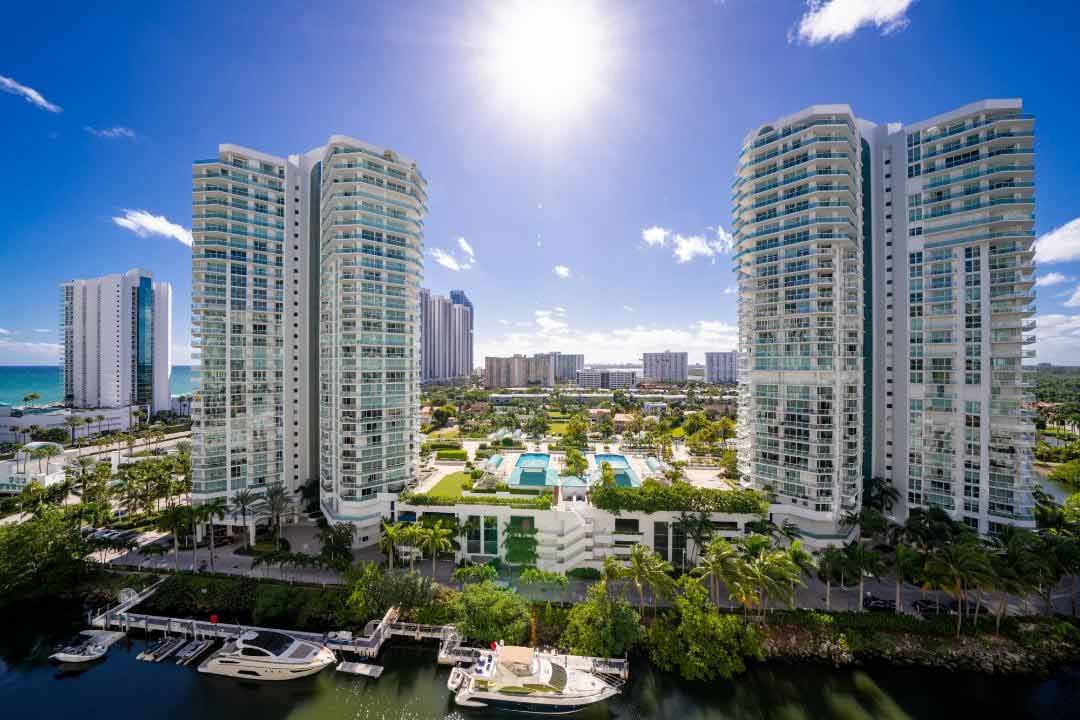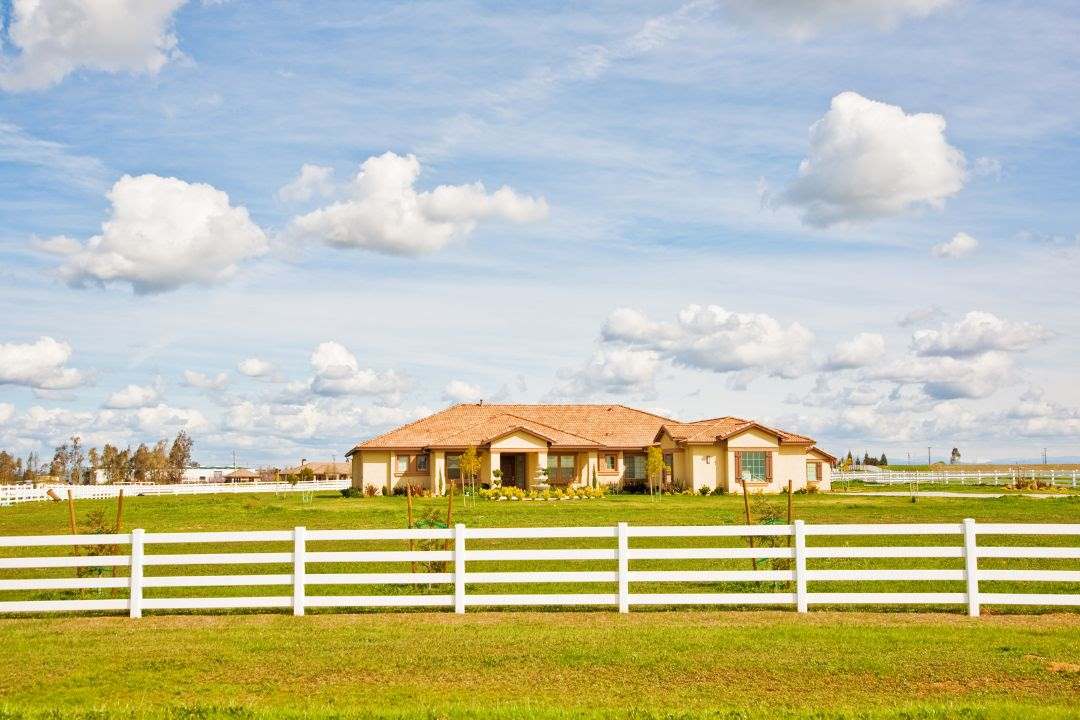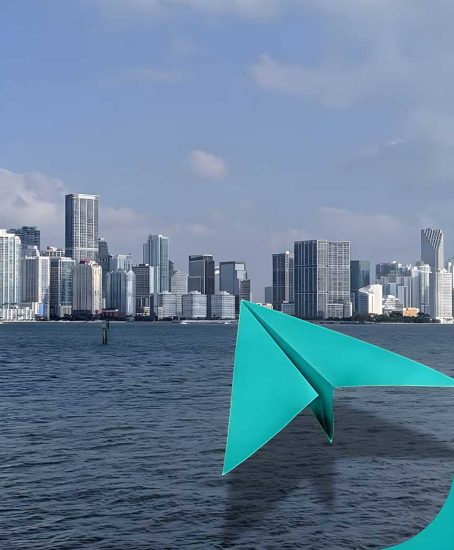If you are looking for a purchase or investment loan for a commercial property type that is “off the beaten path,” chances are you may have heard these discouraging words from your bank, “Sorry, but we don’t lend for commercial properties of that type.”
From the bank’s perspective, it is much riskier to lend for commercial property that will be geared toward a very specific purpose (such as a gas station, nursing home, or tavern), as compared to “safer” commercial property that will be used for a general, more traditional, purpose (such as office or retail space). Because of the limited nature of single-use properties, banks believe that it will be very difficult to recoup their funds if the business fails. (Think: a restaurant designed for one particular cuisine, or a church of a particular faith.)
Due to the higher risks associated with these properties (referred to interchangeably as “special-use,” “single-use” or “special-purpose” properties), banks will often avoid lending in this arena altogether, or they may require more stringent terms (such as requiring a higher down payment or charging a higher interest rate) to offset the risk.
Luckily for you, there are plenty of alternative lenders that embrace special-purpose commercial properties of all types.
Below we highlight just 8 of those special-purpose commercial property types, the unique challenges associated with each of them, and how alternative lenders are willing to take on those challenges.
Religious Places of Worship (Churches, Mosques, Synagogues, Temples)
Banks find it particularly tricky to lend to faith-based organizations. They may find it difficult to work with nonprofit profit-and-loss statements. Or, thinking further down the road, no bank wants to be in the news for having to foreclose on a religious organization. Churches, mosques, synagogues and temples are also difficult to remodel, and tend to stay on the market a long time before they are resold.
However, there is a niche of alternative lenders that focus on lending to places of worship. These alternative lenders understand, for example, that lending to faith-based organizations could lead to repeat business. Churches, synagogues and other religious organizations are constantly looking to expand, including adding daycare centers, increasing summer programs, expanding after-school activities, or purchasing land to grow their facilities. These value-add projects require new mortgages, which the alternative lenders hope to also provide.
Marijuana (Dispensaries, Growers, Distributors; Manufacturers of Cannabis Products)
Because marijuana is still a restricted substance under federal law, traditional banks steer clear of marijuana lending. Banks also want to avoid the potential reputational damage associated with marijuana lending.
This has led marijuana businesses to turn to other funding sources including private equity firms and other alternative lenders. Unlike banks, these non-bank institutions can lend to legal marijuana businesses without being subject to potential prosecution for aiding and abetting a federal crime and money laundering.
Therefore, if you are interested in going into business in this area, it is possible to obtain financing for all legalized marijuana services – ranging from private loans for growers and manufacturers, to equipment leasing for marijuana agricultural machinery, to commercial real estate loans for land and facilities, to cash advances for dispensaries.
Gas Stations and Convenience Stores
Securing bank loans for gas stations and convenience stores is particularly difficult because of the environmental issues, such as fuel leaks and remediation of equipment. Also, because many gas station and convenience store customers pay with cash, it may be difficult for you to fully document and prove your income.
Alternative lenders specializing in lending to gas stations and convenience stores understand that the bulk of your sales is paid with cash, and will look at your cash flow combined with any other profit centers such as car washes and food services. One viable option to explore with alternative lenders is a Small Business Administration (SBA) loan. For example, under the SBA 7(a) loan program, you can use the funds for construction of your gas station, as well as other business purposes such as working capital.
Automotive (Repair, Paint, Body Shops)
Similar to gas stations, banks frequently view auto-repair shops as problematic due to the environmental issues caused by the body repair and painting tasks. However, alternative lenders are willing to consider you for a loan if you complete an environmental questionnaire. An insurance company will then review the questionnaire to see if the property poses a significant environmental risk. This process is usually faster and less expensive than the environmental reports required by traditional banks.
Elderly Care (Assisted Living Facilities)
Care facilities are difficult to finance because banks recognize that you must continually satisfy stringent, government-imposed licensing and insurance requirements to stay in business.
Alternative lenders in this area will consider your experience level as well as the value of the facility and the real estate. As a tip, lenders will value the property higher if it is in a commercial area, as opposed to tucked into a residential neighborhood; being in a commercial zone means more possibilities for alternative use in the future.
Food Service (Restaurants, Bars, Taverns)
Banks tend to stay away from the restaurant business because of the perceived risk, whether true or not, that many restaurants fail within the first few years of operating. Also, since banks like to see diversity in clientele, they will be skeptical if you are a local pub or restaurant relying mainly on “regulars” for income.
However, alternative lenders specializing in this area are willing to do the necessary due diligence to determine whether your restaurant is an acceptable credit risk. In particular, they will do the legwork and see if your business has characteristics similar to successful restaurants in the area. Also, they will look to the strength of the assets you pledge as collateral (typically, the restaurant equipment and the land and/or buildings).
Hospitality (Hotels, Motels, Condo Hotels)
Banks sometimes find financing for hotels, motels, and other lodging properties a little challenging. One main factor the bank will consider is the hotel’s management. Given the 24-hour nature of hotel operations, the bank needs assurance that the hotel’s management is highly experienced.
Another major issue is whether the hotel is “flagged” or “non-flagged”. Flagged hotels (like big chain hotels) have recognizable names, while non-flagged hotels (like independent boutiques) do not have recognizable names. Flagged hotels will generally get better rates and terms than similar non-flagged hotels.
However, some alternative lenders offer competitive rates, even for non-flagged lodging properties. Whether you are looking to convert an apartment building into a hotel, or expand an existing hotel’s scope of services, there is a loan program for you. Alternative lenders offer programs for all lodging property types, including (1) luxury brands; (2) full-service hotels; (3) limited-service establishments; (4) budget properties; (5) boutiques; and (6) non-flagged properties.
Land (Vacant Lots)
Banks may be wary to provide commercial loans for vacant lots of land due to all the hurdles they know you will have to overcome to develop the land. These hurdles include going through the legal process known as “land entitlement,” which could entail obtaining rezoning, zoning variances, use permits, utility approvals, road approvals, and landscaping approvals.
Alternative lenders offer loans from acquisition to disposition, including purchase loans for raw and unentitled land, as well as construction loans for entitled land ready to be developed.
Conclusion
There are alternative lenders who deal with all commercial property types imaginable. In addition to the 8 special-purpose property types highlighted above, there are niche lenders for these properties as well: (1) beauty salons; (2) bowling alleys; (3) cemeteries; (4) educational institutions (charter schools, private schools); (5) funeral homes; (6) golf courses; (7) marinas; (8) medical facilities (hospitals, clinics, pain treatment centers, rehabilitation centers); (9) mobile home or manufactured home parks; and (10) recreational vehicle (RV) parks.
In short, if you can think of a special-purpose commercial property type, there is a lender out there who is willing to finance you for that property type. A mortgage broker can help connect you to the best niche lender, whatever type of business you intend to invest in or operate.









